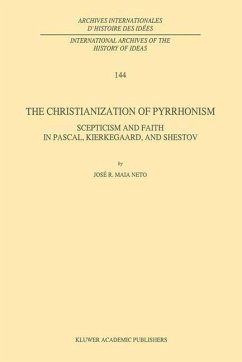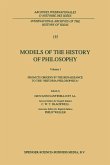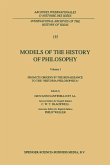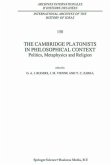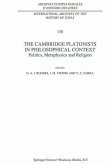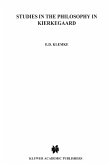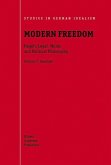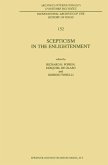Augustine's christianization of Plato and Thomas Aquinas's of Aristotle provided the two main foundations of medieval Judeo- Christian philosophy. In The Christianization of Pyrrhonism, José R. Maia Neto shows that Greek scepticism played a similar role in the development of a major strand of modern religious thought. From the Jansenist reaction of Molinism in the early 17th century to Shestov's resistance to the arrival of Kantian enlightenment in Russia in the late 19th century, Greek scepticism was reconstructed in terms of Christian doctrines and used against major secular philosophers who posed threats to religion. At the same time, the ancient sceptics' practical stance was attacked in order that it does not constitute a viable alternative to the modern secular philosophies. The resulting Christianized Pyrrhonism would be the basis for a genuine Christian or Biblical thought, for the first time emancipated from the rationalist assumptions and methods of Greek philosophy. The Christianization of Pyrrhonism is extremely valuable for those interested in the modern developments of ancient scepticism, in the relations between religious and philosophical ideas in modernity, and for scholars and the general public interested in Pascal, Kierkegaard and Shestov.
Hinweis: Dieser Artikel kann nur an eine deutsche Lieferadresse ausgeliefert werden.
Hinweis: Dieser Artikel kann nur an eine deutsche Lieferadresse ausgeliefert werden.
`... this book is an excellent piece of scholarship, one which deserves to be read by anyone interested in the role of Greek philosophy in the development of either Christian or existential thinking.'
British Journal for the History of Philosophy, 8:1 (2000)
British Journal for the History of Philosophy, 8:1 (2000)
`... this book is an excellent piece of scholarship, one which deserves to be read by anyone interested in the role of Greek philosophy in the development of either Christian or existential thinking.'
British Journal for the History of Philosophy, 8:1 (2000)
British Journal for the History of Philosophy, 8:1 (2000)

